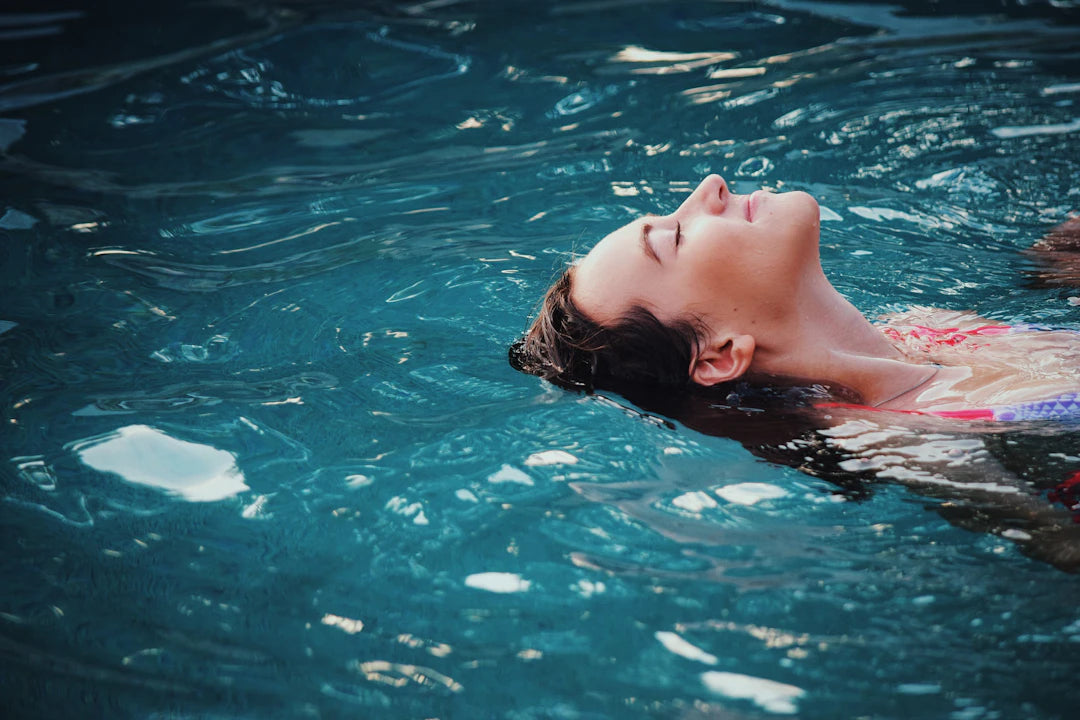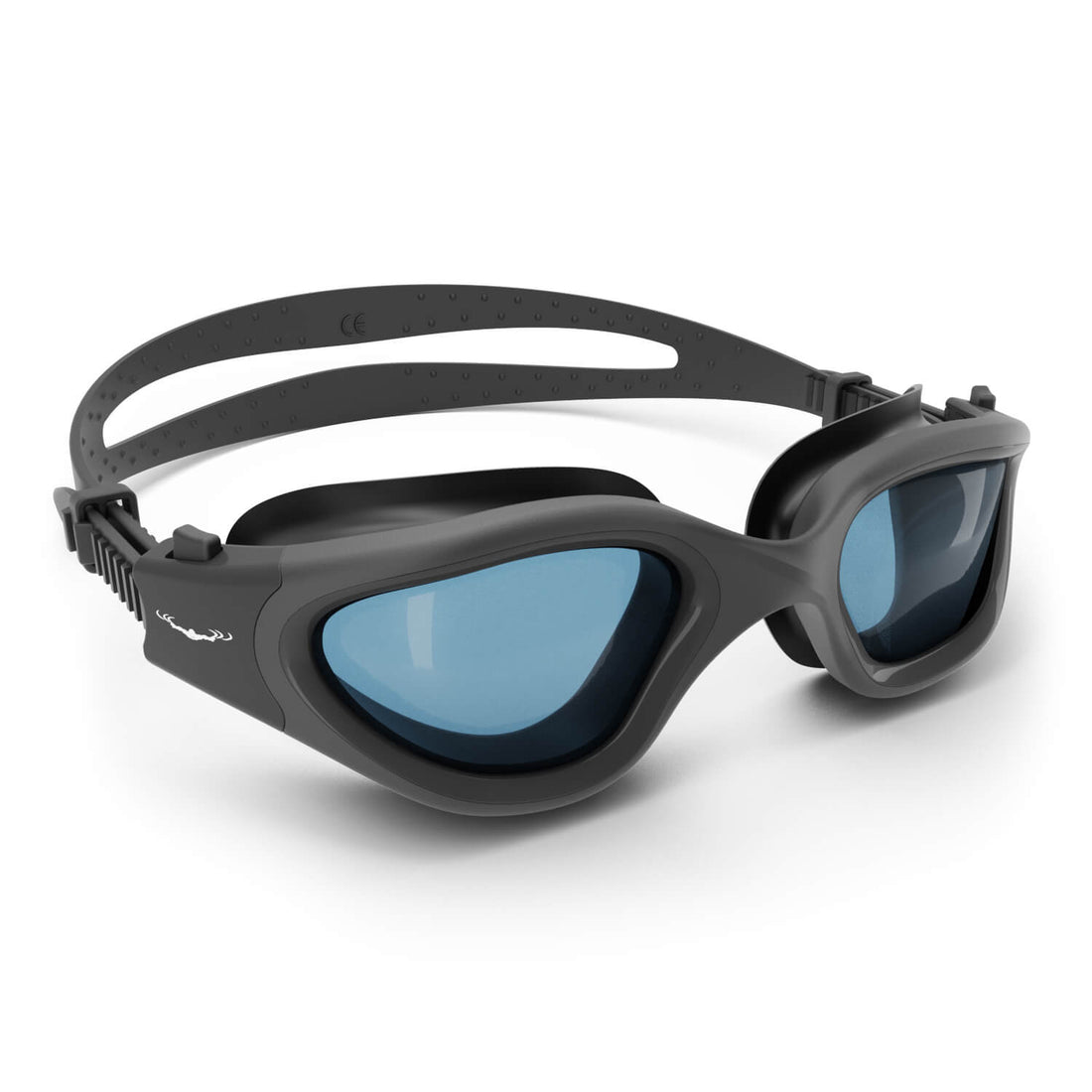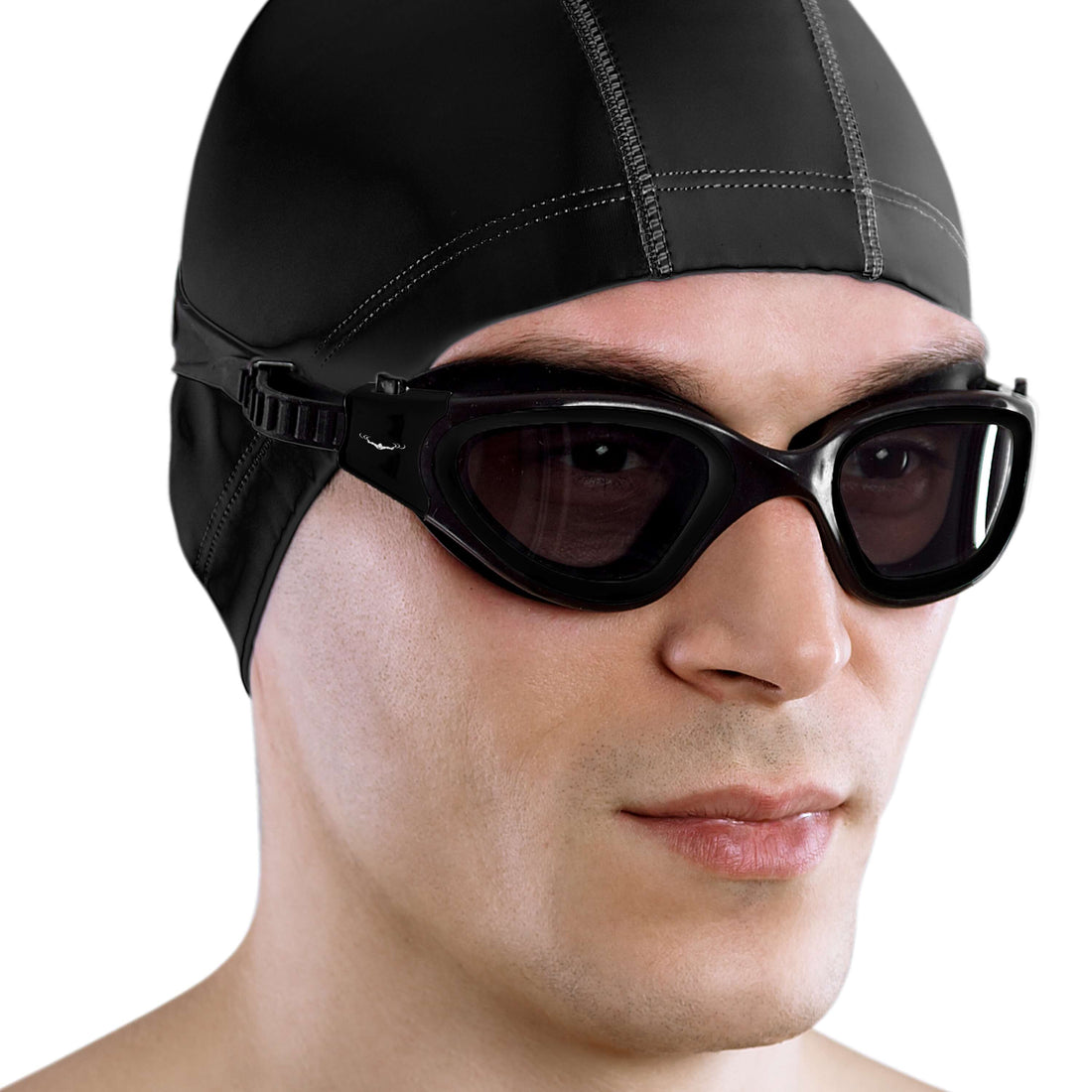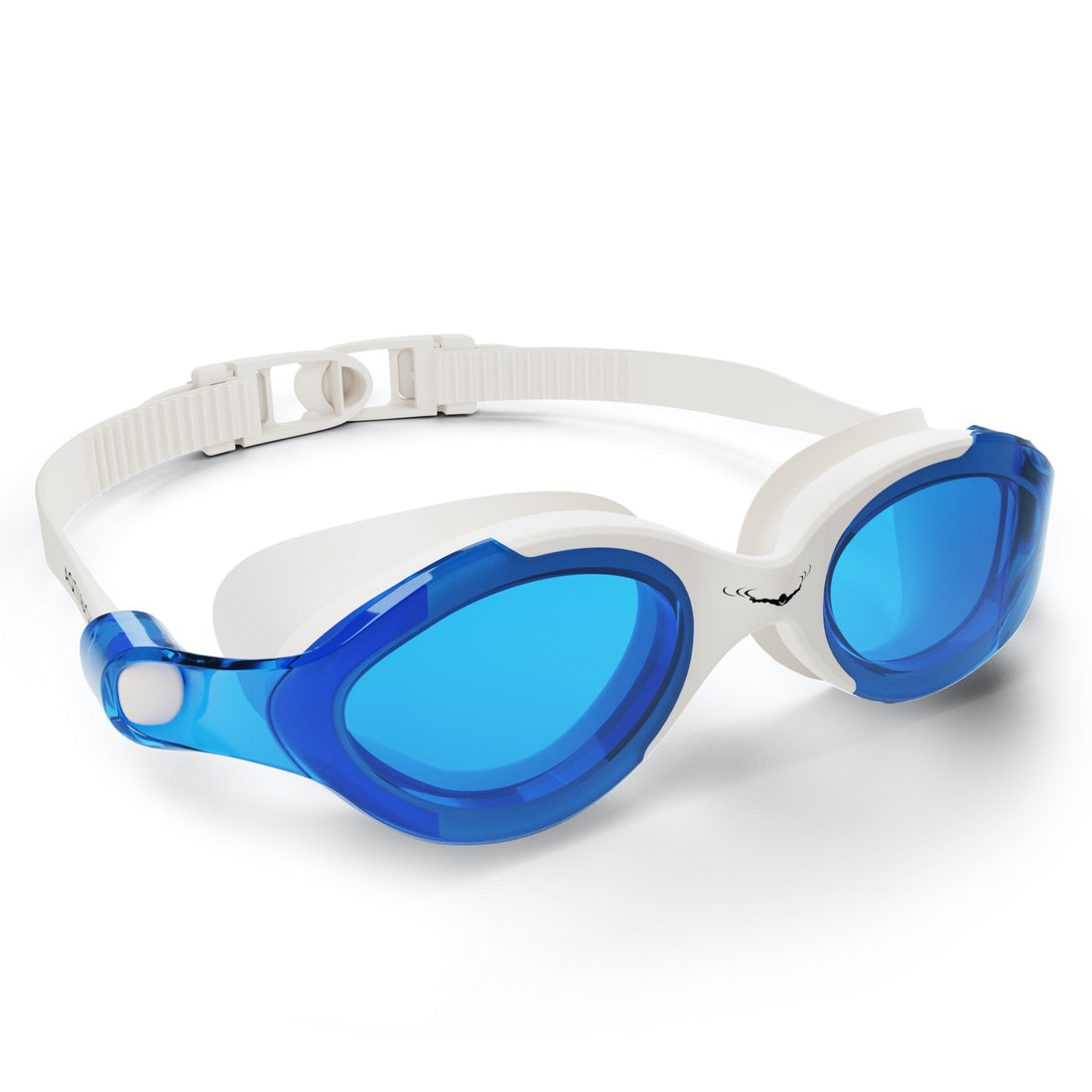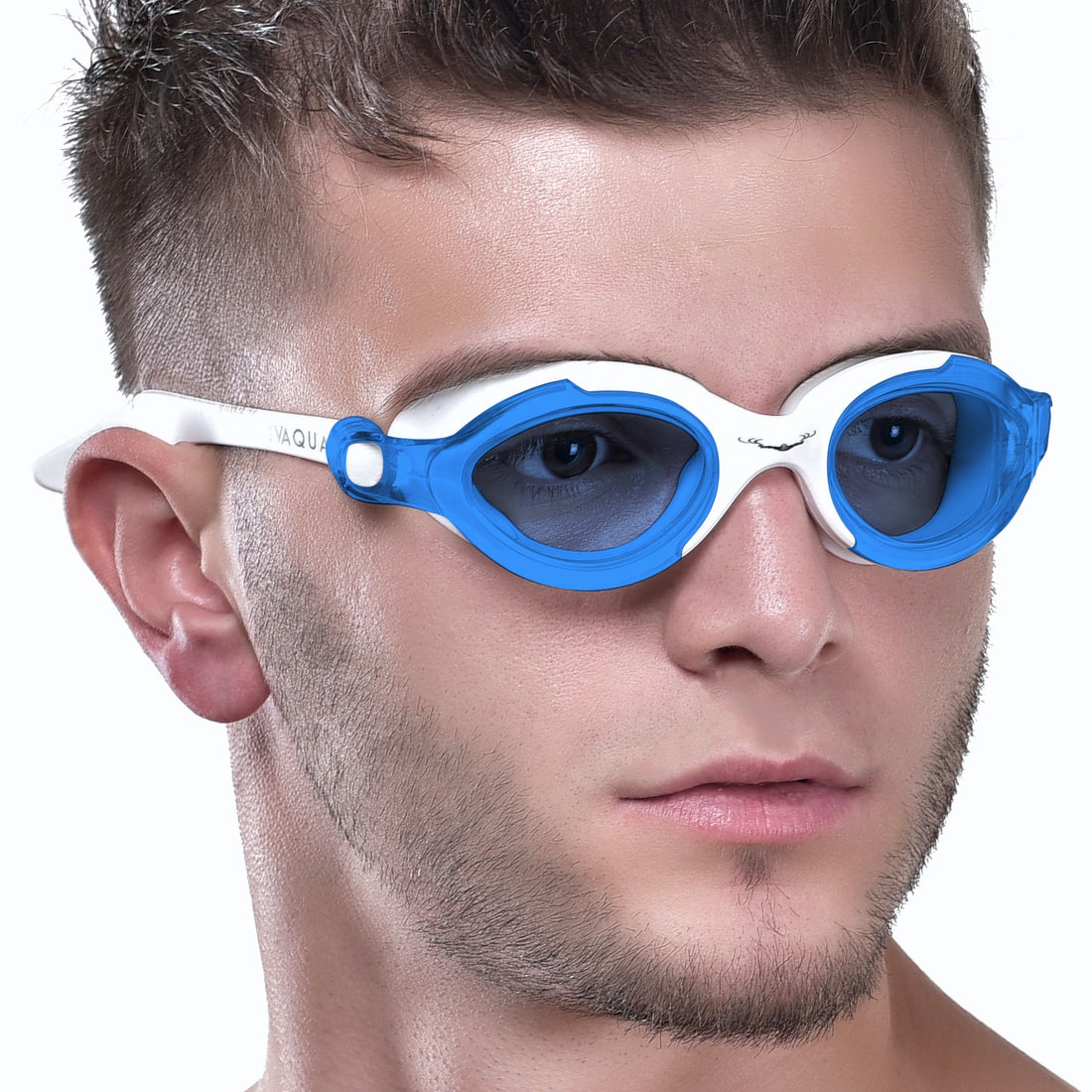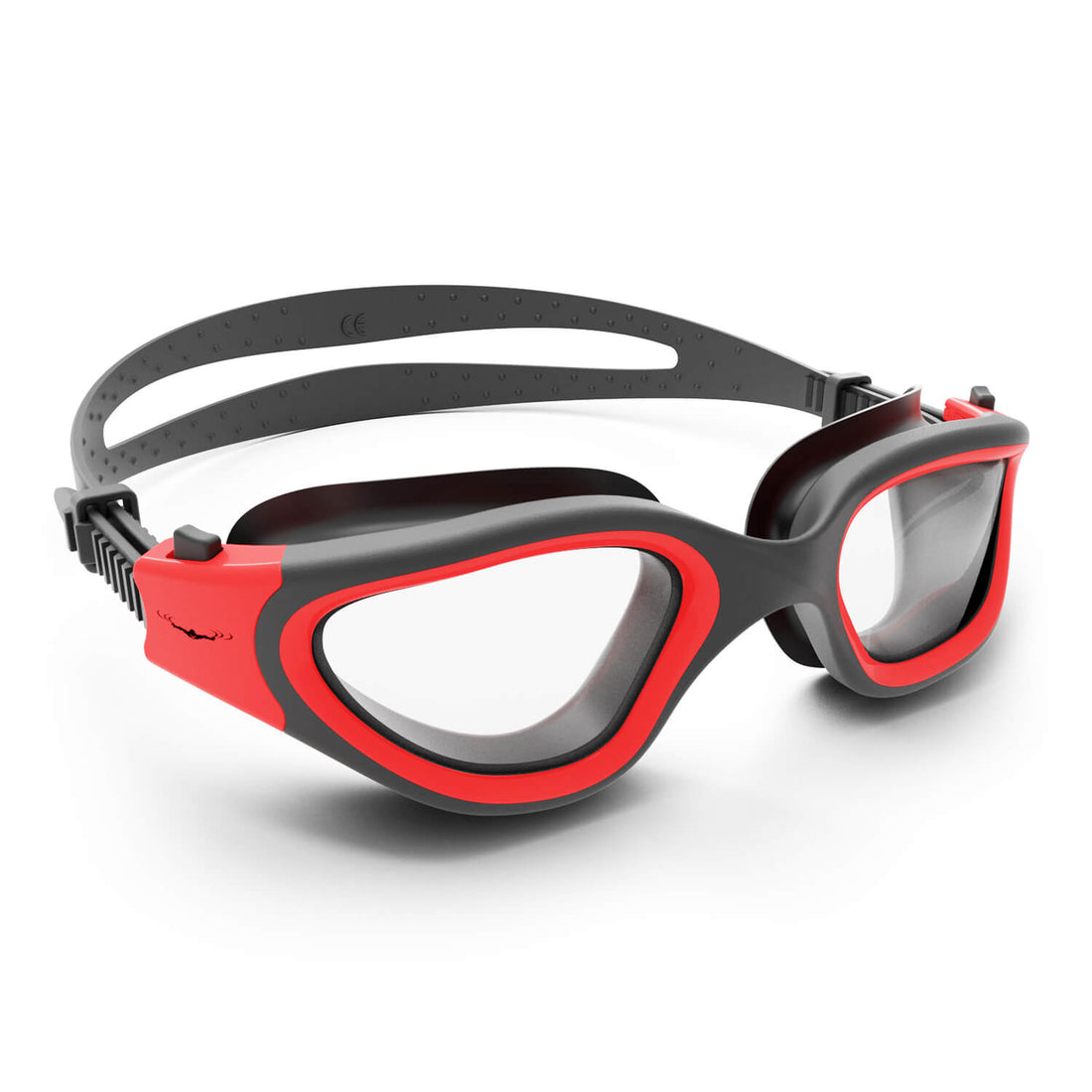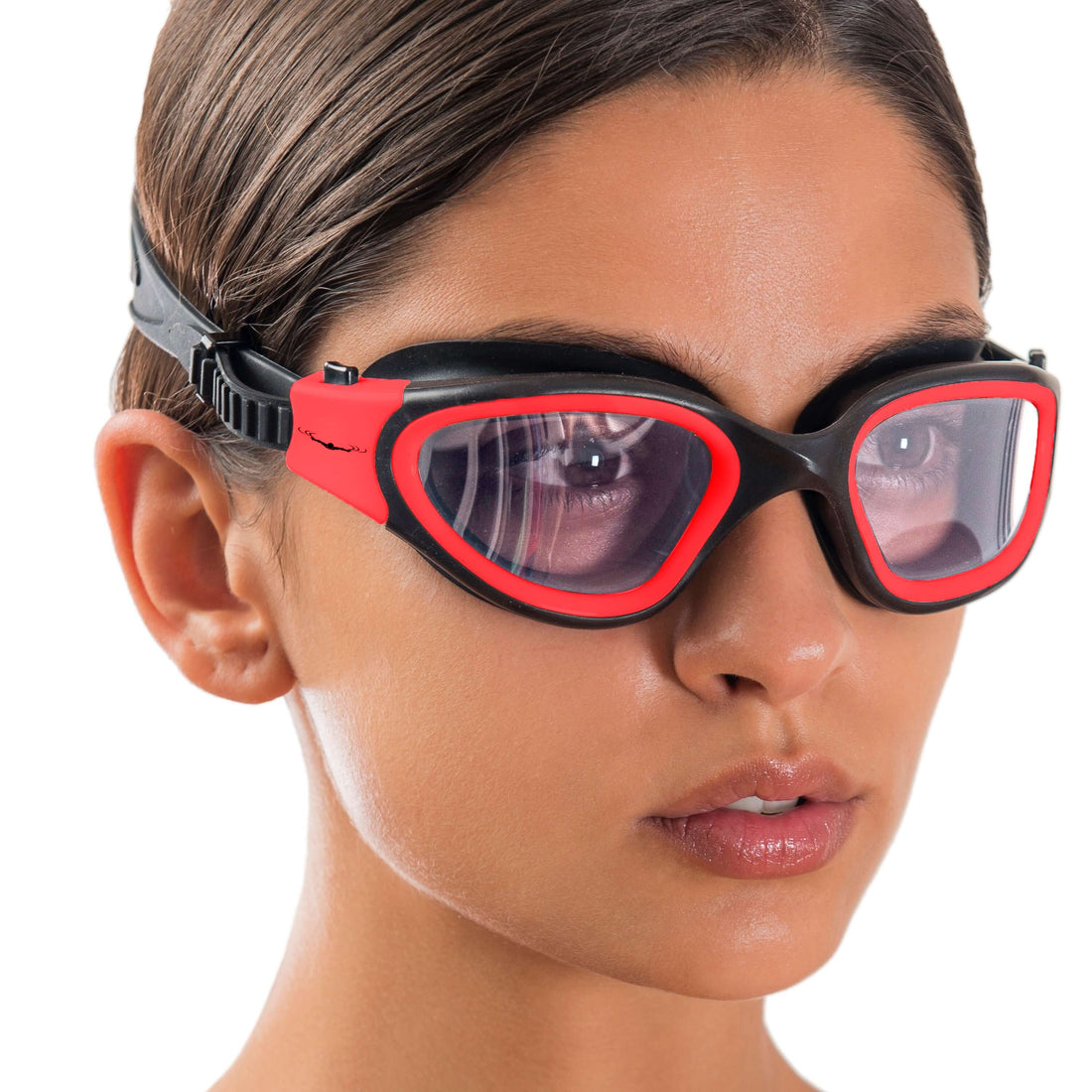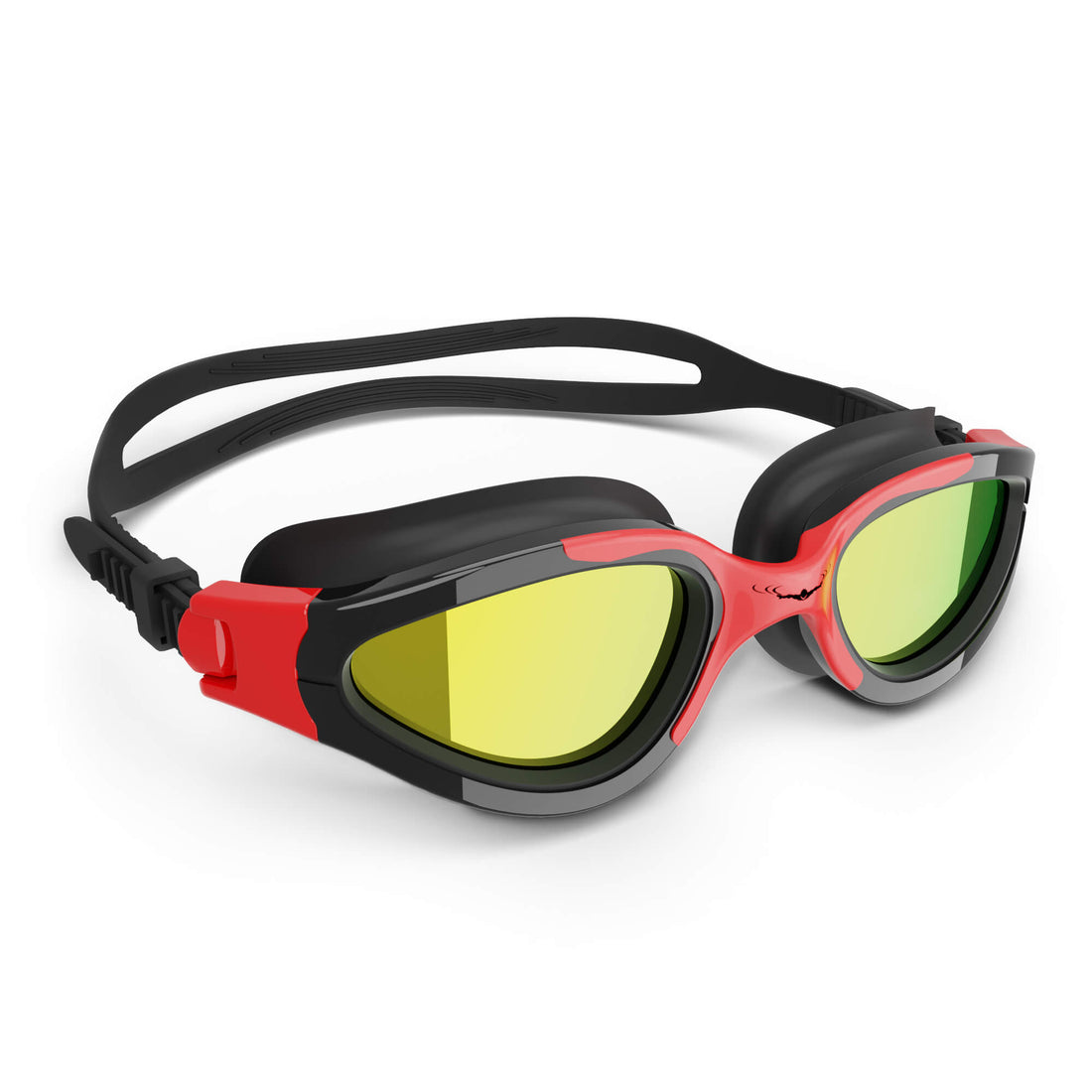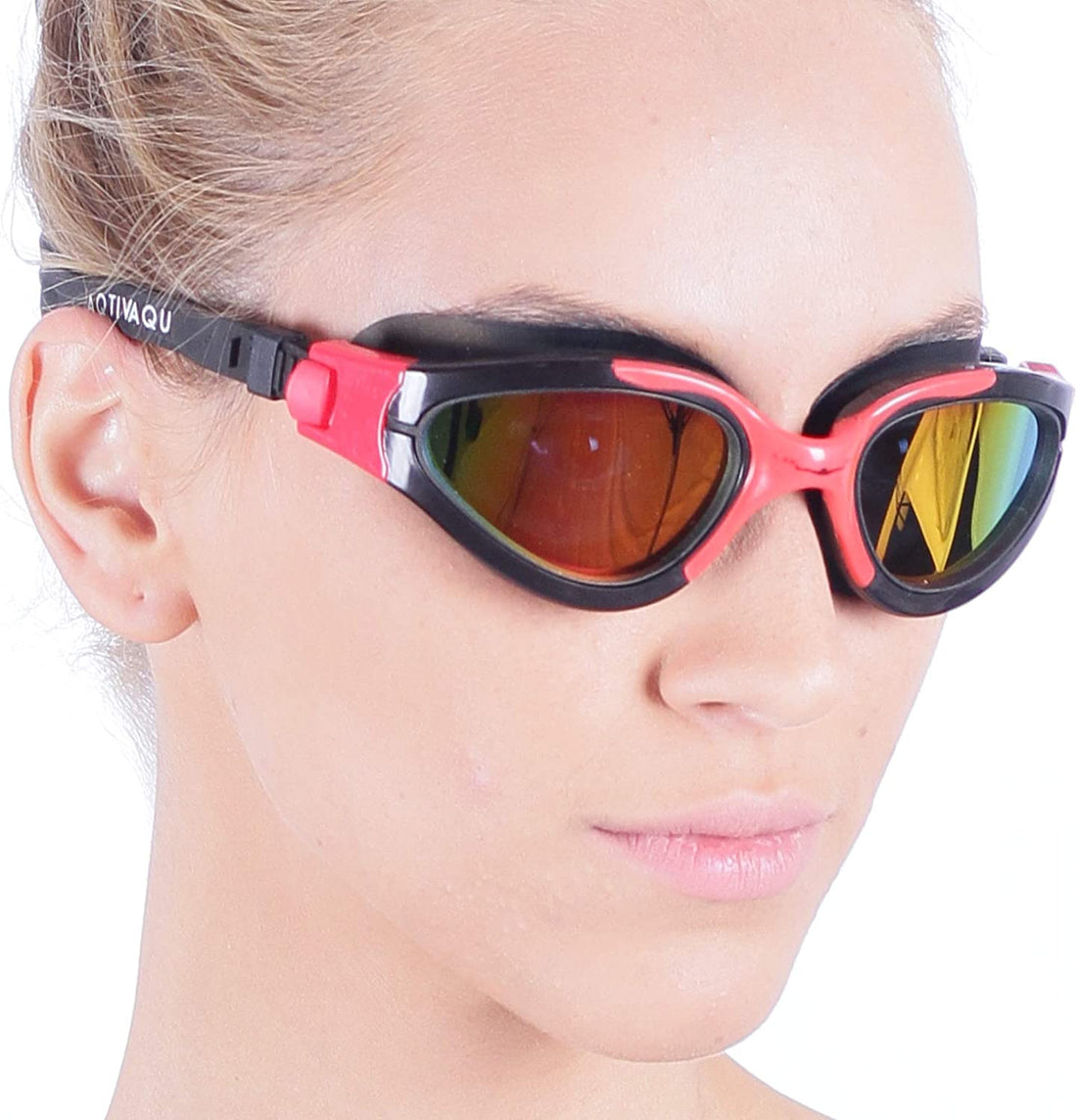Swimming is a demanding sport that requires efficiency and endurance. Athletes often focus on various aspects of training, such as technique, strength, and stamina, but one crucial factor that can significantly enhance performance is nutrition. As swimmers, it is essential to understand how the right nutritional choices can boost your aquatic capabilities, helping you make the most of your time in the water. This article delves into the vital role of nutrition in enhancing swimming performance, highlighting key nutrients, hydration strategies, and practical tips for optimal fueling.
The Connection Between Nutrition and Performance
Nutrition acts as the foundation for fueling a swimmer's body, providing the necessary energy and nutrients needed for optimal performance. The following points encapsulate the connection between nutrition and swimming performance:
- Energy Levels: Carbohydrates are the primary energy source for swimmers.
- Muscle Repair: Proteins help in repairing muscles post-training, reducing recovery time.
- Hydration: Maintaining proper fluid levels is critical to avoid fatigue and muscle cramps.
- Weight Management: Proper nutrition helps manage body composition, enhancing swim efficiency.
Essential Nutrients for Swimmers
Carbohydrates: The Energy Powerhouse
Carbohydrates are an essential part of a swimmer's diet. They provide the much-needed energy required during intense training sessions and races. Swimmers should focus on high-quality carbohydrates such as whole grains, fruits, and vegetables. Complex carbohydrates, in particular, are crucial as they release energy slowly, sustaining endurance throughout long swims.
Proteins: Building Blocks of Muscle
Protein is vital when it comes to muscle repair and growth. After an intense swim, muscles undergo stress and minor tears, which need to be repaired. Incorporating lean proteins like chicken, fish, tofu, and legumes in your diet will aid recovery and enhance muscle strength. A common recommendation is to consume protein within 30 minutes post-exercise to maximize the recovery process.
Fats: The Forgotten Fuel
While carbohydrates may take center stage in a swimmer's diet, healthy fats are equally important. Fats provide a concentrated source of energy and are essential for overall health. Incorporate sources of healthy fats such as avocados, nuts, seeds, and olive oil into your meals, ensuring you maintain a balanced approach to fuel your swimming sessions.
The Importance of Hydration
Hydration is a fundamental component of athletic performance that is often overlooked. While swimmers are in water, they can still lose significant amounts of fluids through sweat during workouts. Dehydration can lead to fatigue, decreased performance, and muscle cramps, particularly in prolonged training sessions. Therefore, focusing on hydration strategies is vital for swimmers at any level.
Tips for Staying Hydrated
- Pre-Swimming: Drink 16-20 ounces of water or electrolyte drink at least two hours before swimming.
- During Swimming: Sip water during breaks or intervals, especially if you're in the water for an extended period.
- Post-Swimming: Replenish lost fluids immediately after your session, aiming for at least 16-24 ounces.
- Monitor Hydration: Check the color of your urine; a pale yellow indicates proper hydration.
Timing Your Nutritional Intake
Knowing when to eat is just as important as knowing what to consume. Proper meal timing can influence performance, recovery, and energy levels. Here are some guidelines swimmers can follow:
Pre-Swim Meals
Fueling your body before training or competition is essential to ensure optimal energy levels. A pre-swim meal rich in carbohydrates should be consumed 2-3 hours before swimming. This could include oatmeal, a banana, or a yogurt parfait with fruits. If you're short on time, a small snack such as an energy bar or a piece of fruit may suffice 30-60 minutes before heading to the pool.
Post-Swim Refueling
After an intense swim, your body craves nutrients for recovery. Ideally, consume a balanced meal with carbohydrates and protein within 30 minutes of finishing your training. A smoothie with protein powder, a banana, and almond milk can serve as a quick and effective recovery option.
Optimizing Your Nutrition Plan
Creating a personalized nutrition plan can help swimmers track and optimize their intake for enhanced performance. Here are some steps to consider:
- Assess Your Needs: Consider your training volume, intensity, and personal goals to adjust your caloric and macronutrient intake.
- Variety is Key: Incorporate a wide range of foods to avoid deficiencies and maintain enthusiasm for your diet.
- Listen to Your Body: Pay attention to how your body responds to different foods and meal timing. Adjust your diet based on your energy levels and recovery needs.
- Consult a Professional: If necessary, seek guidance from a sports nutritionist for personalized recommendations.
Supplements: Should You Consider Them?
While whole foods should form the basis of a swimmer's diet, some individuals may choose to add supplements to bridge potential gaps. Popular supplements for swimmers include:
- Whey Protein: For muscle recovery and repair.
- Omega-3 Fatty Acids: To support joint health and reduce inflammation.
- Electrolyte Tablets: To aid hydration and replenish lost minerals.
However, it’s crucial to consult a healthcare professional before adding any supplements to your regimen, as they can offer personalized advice tailored to your specific needs.
Don’t Forget Your Gear
While nutrition plays a pivotal role in enhancing swimming performance, having the right gear can also make a significant difference. Swim caps and durable swim goggles are essential tools for every swimmer:
The Importance of Quality Swim Goggles
Durable swim goggles protect your eyes from chlorine and enhance your visibility underwater, allowing you to focus solely on performance. A well-fitted pair can prevent leaks and discomfort, letting you swim longer and harder without distraction.
Swim Caps: More than Just Style
Swim caps help reduce drag in the water, improving your overall speed. They also keep hair from tangling, minimizing distractions and allowing you to concentrate on your technique. Look for high-quality materials that offer comfort and durability while ensuring a snug fit.
Set Sail for Success!
Elevating your swimming performance requires a holistic approach that encompasses both nutrition and the right gear. By focusing on proper nutrients, maintaining hydration, timing your meals effectively, and ensuring you have quality swim caps and durable swim goggles, you can unlock your full potential in the water. Remember that each swimmer's body is unique; thus, it's important to tailor your nutritional strategies to meet your specific needs. By prioritizing these aspects, you'll be well on your way to mastering the waves and reaching new heights in swimming performance.


